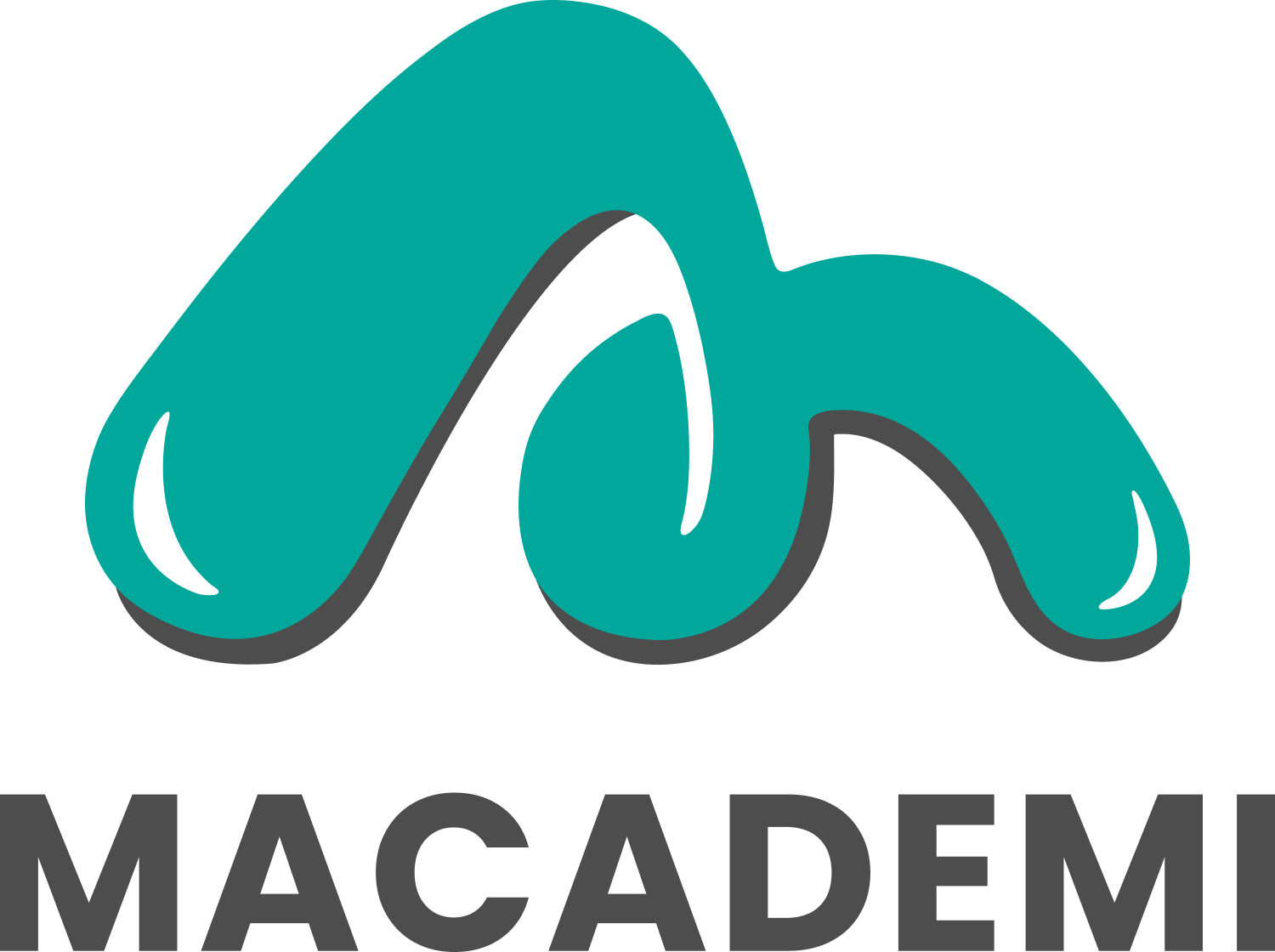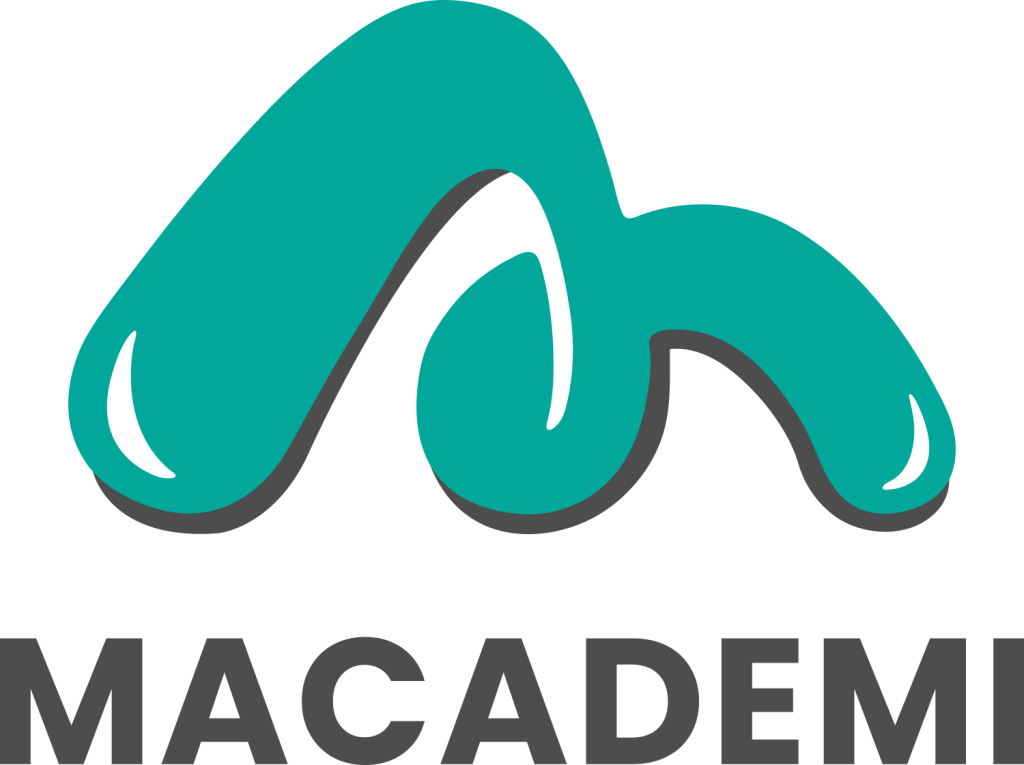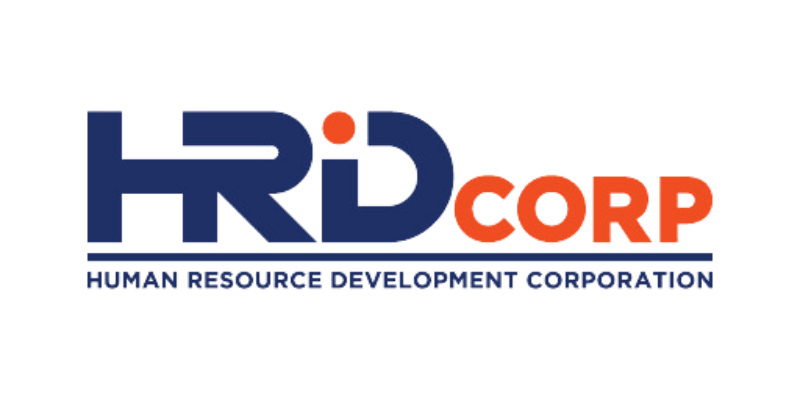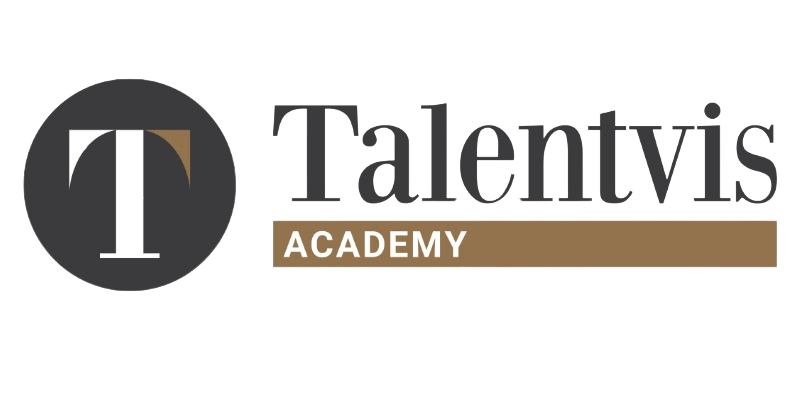Fraud Management, Internal Controls & Investigations

Fraud and corruption pose significant risks to organizational integrity and performance. This course provides participants with the knowledge and tools to identify, prevent, and manage fraudulent activities. From legal compliance to effective investigation techniques, participants will learn to safeguard their organizations against fraud-related risks.
This course is suitable for:
- Corporate Governance and Integrity Professionals
- Risk and Compliance Officers
- Audit and Investigations Teams
- Procurement and Contract Managers
- Fraud Detection and Prevention: Understand red flags, malpractices, and fraud prevention methodologies.
- Legal Frameworks: Gain insights into compliance with MACC Act 2009, ISO 37001, and other standards.
- Investigation Techniques: Learn how to conduct fraud investigations, analyze evidence, and mitigate risks effectively.
- Corporate Governance: Understand the role of governance in fraud mitigation and whistleblowing processes.
By the end of this course, participants will:
- Identify potential fraud risks and malpractices within their organizations.
- Develop fraud response and prevention plans aligned with legal standards.
- Conduct effective fraud investigations using proven methodologies.
- Enhance organizational integrity through robust internal controls and governance practices.
- Integrity
- Definition of integrity and its significance in organizational practices
- Initiatives promoting integrity in Malaysia
- Understanding Fraud
- Why people commit fraud: The “Fraud Triangle”
- Categories of fraud: White-collar vs. blue-collar crimes
- State of mind (Mens Rea) and intentional perversion of truth
- Misrepresentation and its implications
- Compliance Framework and Asset Management
- Legal frameworks and standards, including:
- ISO 31000
- ISO 9001:2015
- ISO 37001
- Best practices in compliance and governance
- Asset management: Addressing both tangible and intangible assets
- Ethics and Integrity Risks
- Differences between personal, business, and professional ethics
- Categorization of non-ethical behaviors and their adverse effects
- Managing ethical risks within organizations
- Fraud Detection and Prevention
- Identifying red flags and fraudulent activities
- Fraud prevention methodologies, including Fraud Prevention Methodology (FPM)
- Techniques for detecting misappropriation, cash receipt fraud, and accounts monitoring
- Corruption and Bribery (MACC Act 2009)
- Definitions of bribery, corruption, and gratification
- Tell-tale signs and common methods of corruption
- Book transactions and unconventional fraud methods
- False Claims (MACC Act 2009 & Malaysian Penal Code)
- Principles of agency and fraudulent documentation
- Identifying false, erroneous, or defective particulars in claims
- Fraud, Risk, and Corporate Governance
- Fundamentals of fraud risk and its impact on corporate governance
- Exploring the relationship between environment, people, and opportunity
- Enhancing governance through effective whistleblowing policies
- Fraud Investigations
- Developing investigation plans and scopes
- Methods for proving intent (Mens Rea) and fraudulent acts
- Gathering evidence: Document reviews, forensic analysis, and incident behavior assessments
- Record-keeping and data analysis for investigations
- Procurement and Fraud Risks
- Acknowledging risks in supplier sourcing and contract management
- Establishing criteria for supplier evaluation and monitoring
- Performance management for fraud prevention in procurement
- Advanced Fraud Mitigation Strategies
- Leveraging technology: AI and data analytics for fraud detection
- Formalizing fraud reporting mechanisms and consequence management systems
- Conducting domestic inquiries and implementing disciplinary actions
- Summary and Wrap-Up
- Recap of key learning points
- Mind mapping and addressing participant queries
This course empowers participants to build a strong organizational defense against fraud and corruption. Through legal knowledge, practical tools, and hands-on exercises, participants will be equipped to foster a culture of transparency and accountability.
—
—
Duration:
Half-Day
Delivery Method:
Interactive training with live demonstrations, hands-on exercises, case studies, and group discussions



